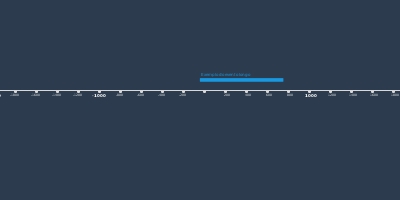jan 1, 1730 - Cross Examination
Description:
- Lawyers were allowed to cross examine witnesses.- Accused still needed to respond in person to the charges against him.
Responding to menacing prosecutorial initiatives (notably reward-seeking thieftakers and crown witnesses testifying to save their own necks), the judges of the 1730s decided to allow the defendant to have counsel to cross-examine accusing witnesses. By restricting defense counsel to the work of examining and cross-examining witnesses, the judges intended that the accused would still need to respond in person to the charges against him. But defense counsel manipulated the dynamics of adversary procedure to defeat the judges’ design, ultimately silencing the accused and transforming the very purpose of the criminal trial. Trial ceased to be an opportunity for the accused to speak, and became instead an occasion for defense counsel to test the prosecution case.
(Book: The Origins of Adversary Criminal Trial
John H. Langbein)
Added to timeline:
Date:
jan 1, 1730
Now
~ 296 years ago
